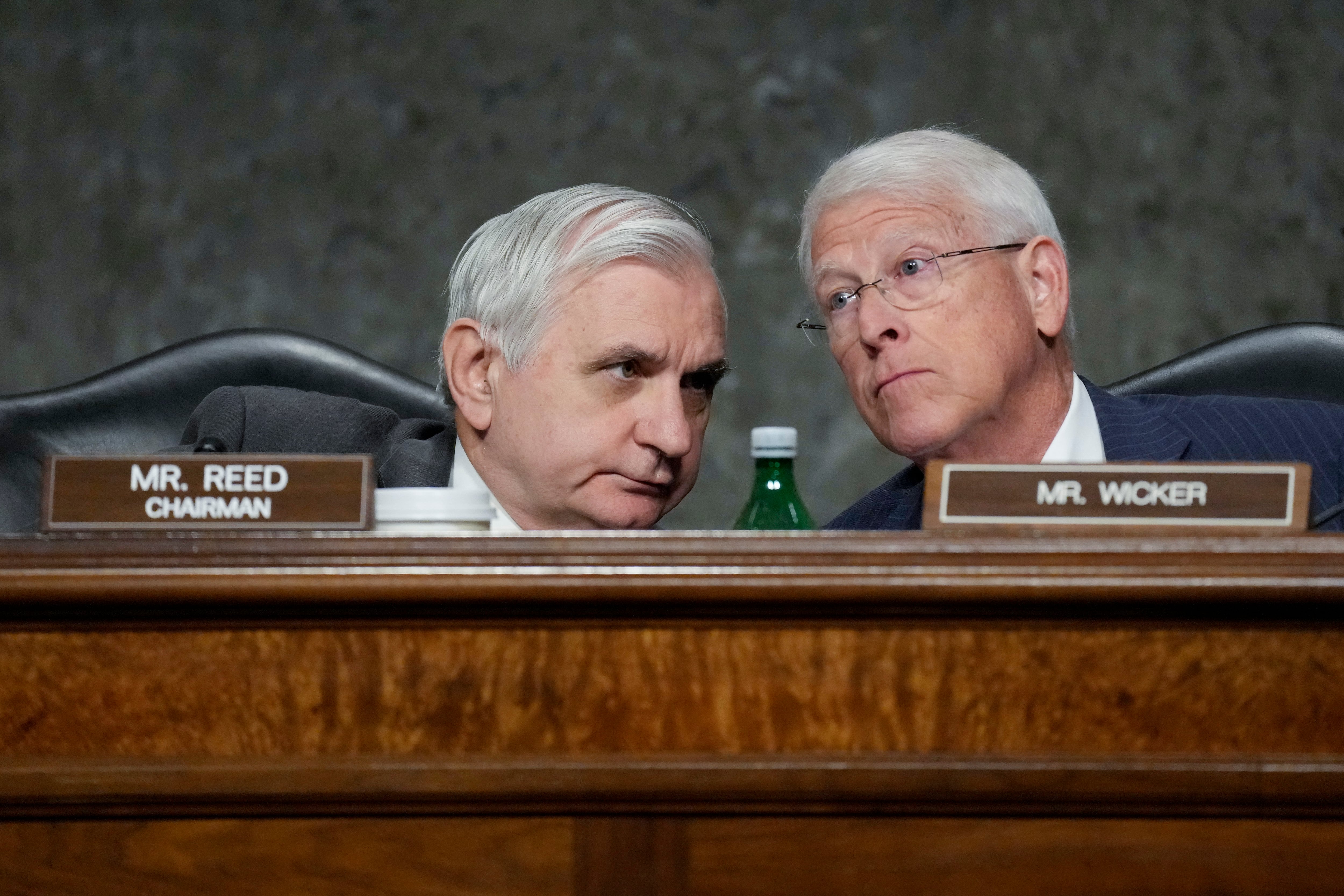In their defense budget for fiscal 2018, lawmakers approved the biggest military pay raise in eight years. Congress also abandoned plans to slash housing allowances.
Will the new year bring even more good news?
Starting Jan. 1, service members will see a 2.4 percent hike in their paychecks. It’s only the second time since 2010 that raise has topped 2 percent. The 2.4 percent pay bump is intended to match the growth in private sector wages and means a boost of about $680 a year for the younger enlisted ranks and about $1,080 a year for more senior enlisted and junior officers.
Based on the federal formula for military pay increases, the 2019 raise should be even higher. The Employment Cost Index set by the Bureau of Labor Statistics calls for a 2.6 percent raise next year.
The question is whether lawmakers will fund that.
In recent years, White House and Pentagon officials have both pushed for smaller pay raises, arguing that the small trims to the troops’ pay hikes would allow the services to redirect hundreds of millions of dollars into other priorities, such as force readiness and modernization.
But for the past two years, Congress has rejected those pleas. Outside advocates say troops shouldn’t have their take home pay decreased to fund other readiness problems.
Lawmakers have similarly rejected proposals to make sweeping changes to housing stipends for military families. In 2016, they shot down proposals to limit the housing stipends to only rental costs, a move that could have siphoned hundreds of dollars a month from troops’ paychecks.
In 2017, lawmakers rejected a plan to cut back on the housing funds for dual-military families and to limit the total amount those families could receive.
Those issues will likely arise again starting this spring, as Congress and the White House once again begin setting priorities for the annual budget process.
RELATED

Leo covers Congress, Veterans Affairs and the White House for Military Times. He has covered Washington, D.C. since 2004, focusing on military personnel and veterans policies. His work has earned numerous honors, including a 2009 Polk award, a 2010 National Headliner Award, the IAVA Leadership in Journalism award and the VFW News Media award.




